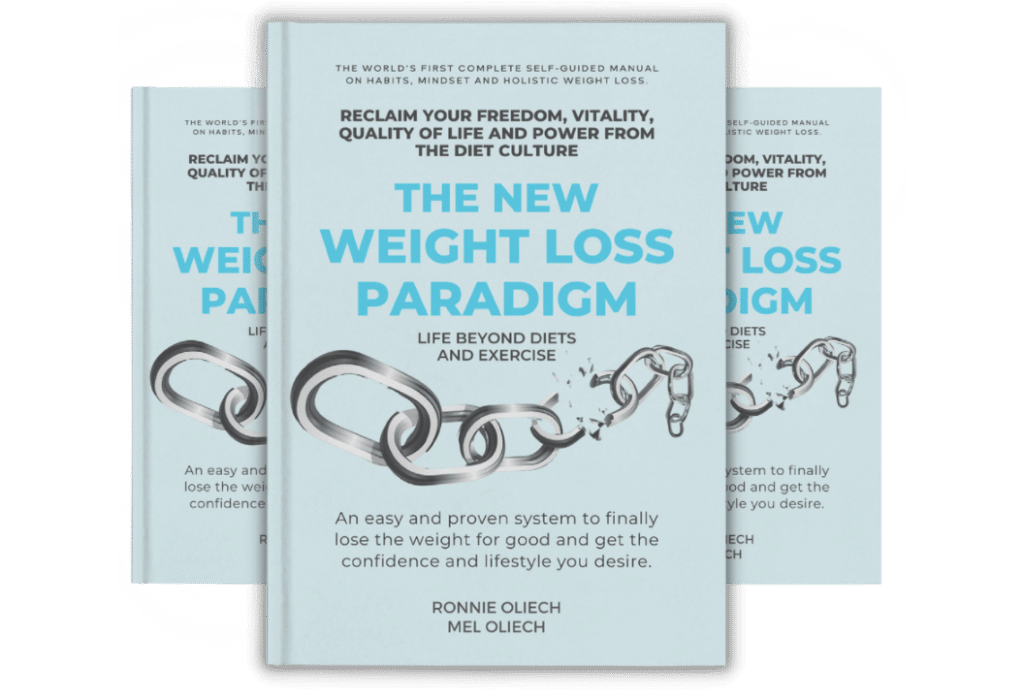Do you have trouble saying ‘no’, even when you want to?
Do you say ‘yes’ or go along with other people because you don’t like conflict?
Do you do things for others at the expense of yourself, because you don’t want people to think badly of you?
Do you ever think that you’re ‘too nice’?
If you answered ‘yes’ to any of the above, then there’s a strong chance that you’re a people pleaser.
People pleasing is about self-worth
Trying to be all things to all people isn’t about your desire to make other people happy. It’s actually about trying to make yourself feel better.
People pleasing is often found in those who lack self-worth. They believe that by saying ‘yes’ to everyone will help them feel accepted and liked. Sometimes the habit of people pleasing is a result of being mistreated in the past (e.g. bullying), and so making others happy is a way to ensure they’re not mistreated again in the future.
It’s very common for people pleasers to be unaware of this habit, and to confuse it with being kind. They may even say things like ‘I’m too nice for my own good’.
But people pleasing can impact your life enormously and be a difficult habit to change.
Signs of people pleasing
You might be reading this yet insisting that you like to make others happy because you’re a good person. But if you can relate to any of the following, it’s a sure sign that you’re spending your time pleasing others. You’re most likely a people pleaser if you:
- say ‘yes’ a lot, and have trouble saying ‘no’
- pretend to agree with everyone
- find it hard to say what you really think and believe
- feel responsible for other people’s feelings
- don’t want to ‘hurt’ or ‘be mean’ to people
- apologise a lot
- feel as if you never have time to do what you really want
- hate conflict and feel uncomfortable if someone is angry or upset with you
- go to any length to avoid conflict
- tend to act like the people you hang out with
- need other people to praise you to feel good
- do things or go to places even if you don’t want to.
Is it people pleasing or being nice?
Okay, so you admit that you might be a people pleaser. But so what? It’s not such a bad thing, is it?
Actually, it is. People pleasing can seriously impact your life, relationships, career and health. Let’s look at an example, which is typical of a lot of Australians:
John is small business owner. He works long hours to ensure he can take care of his family, and sometimes works late to keep clients happy, because he’s afraid that if he upsets them, they’ll leave and take their business elsewhere. John also has a wife who works, and three teenage kids. John loves his family, especially his kids and wants to be actively involved in their lives. He’s agreed to manage his daughter’s basketball team, because no one else was willing to, even though he doesn’t really have the time. He’s also an active member of the school’s fundraising committee. With his work and other commitments, John doesn’t have a lot of spare time. Because he and his wife are time-poor, it’s not unusual for him to bring take-away home once or twice a week so they can have an easy night. John usually buys his lunch during the working week, as he just doesn’t have time to make it before he heads off to work.
By the time Friday afternoon comes around, John is exhausted, but he has a long-standing arrangement with his mates to spend the night at the pub. While he enjoys catching up with his mates, he really doesn’t want to go out every Friday night and would sometimes prefer a quiet night at home. However, John doesn’t want to disappoint his mates, so he goes along anyway. On the weekend, he does household chores, mows the yard, and ferries his kids to their various sporting events and part-time jobs.
John has noticed that he’s not as fit or as healthy as he once was. In fact, his jeans no longer fit, and he’s choosing to wear t-shirts with a little more ‘give’ in them, rather than button-up shirts. He knows he needs to get some regular exercise, and eat better — in particular cutting out the junk food. But he really struggles to find the time. Besides he’s just so tired that the thought of adding in something else to his busy schedule is all too hard.
It’s clear that John is a people pleaser. Of course, he loves his family, has a great work ethic, contributes to society and is loyal to his mates. But as you can see, John spends the majority of time doing things for others, even if he doesn’t want to, or doesn’t have the time to.
How does people pleasing impact your weight?
Looking at the example above, it’s clear to see that John’s habit of people pleasing has led him to gain a few kilos and become unhealthier than he’d like to be.
- John’s fear of upsetting a client means he’s working more hours than he should be, which contributes to lack of time to take care of himself.
- Agreeing to manage a basketball team and helping at the school means that John is time poor, and doesn’t have time to prepare healthy meals. Instead, he chooses an easier, quicker option of fast food — for lunch and dinner.
- Taking on too many tasks means that John can’t find time for regular exercise in his week.
- John’s busyness also causes him to feel tired, and not take enough time to rest and recover from his working week.
- John agrees to go to the pub to drink with his mates even though he doesn’t want to. This means he consumes extra calories, forgoes an early night, and fails to get the sleep he needs.
- John’s fatigue levels mean that he doesn’t even have energy to think about how he can incorporate exercise and healthy eating into his life, let alone do it.
How many of those examples can you relate to?
To lose weight, you need to stop people pleasing
The harsh reality is that you need to stop putting others before yourself if you want to lose weight. This doesn’t mean that you’re selfish, or that you’re a mean person. It just means that you value yourself enough to take care of you.
You need to make time for regular exercise, for healthy food prep, and for rest and recovery. You need to start making time for yourself.
If you struggle with people pleasing and are ready to take back control over your health, contact us today. We can help you overcome this habit, and show you how to make time for yourself, so you can be better for those you love the most.


















